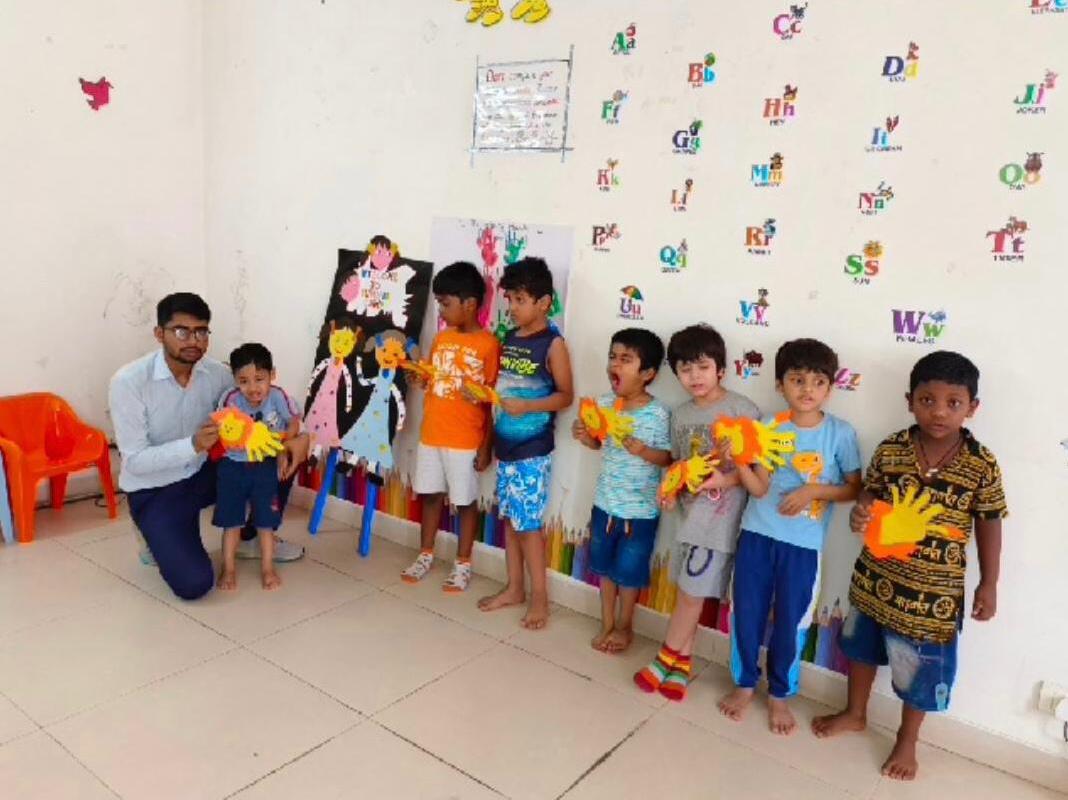- Email : info@thehelpinghands.org.in
- Phone : +91 8630229144
Giving your child the best start in life
Get In Touch
Monday to Saturday: 8.30am – 9.00pm
Email: info@thhtc.org.in
Phone: +91 8630229144
The tasks of everyday life. These activities include eating, dressing, getting into or out of a bed or chair, taking a bath or shower, and using the toilet. Instrumental activities of daily living are activities related to independent living and include preparing meals, managing money, shopping, doing housework, and using a telephone. Also called ADL.
Activities of daily living (ADLs) are essential to maintain routine aspects of self-care. Basic ADLs includes the ability to eat food independently, dress up, walk independently or transfer from one position to another, bathe, and toilet also. The first signs of diminished functionality are lack of capacity to accomplish basic self-care activities (feeding, grooming, dressing, bathing, walking, and toileting, ability to transfer from one position to another position).

There are other more complicated tasks that are important to living independently, but aren’t necessarily required on a daily basis. These are called instrumental activities of daily living (IADLs).
Activities of Daily Living (ADLs) are very important for everyone. People do many activities from morning to sleep like brushing, toileting, washing, eating, bathing etc. when anyone have difficulty, they cannot perform their daily activities.Measuring an individual’s inability to perform the ADLs and IADLs is important not just in determining the level of assistance required, but as a metric for a variety of services and programs related to caring for the elderly and for those with disabilities.
We regularly access the activities of daily living (ADLs) because they are the basic tasks that must be accomplished every day for an individual to do well. We do assessments and work on that basis.